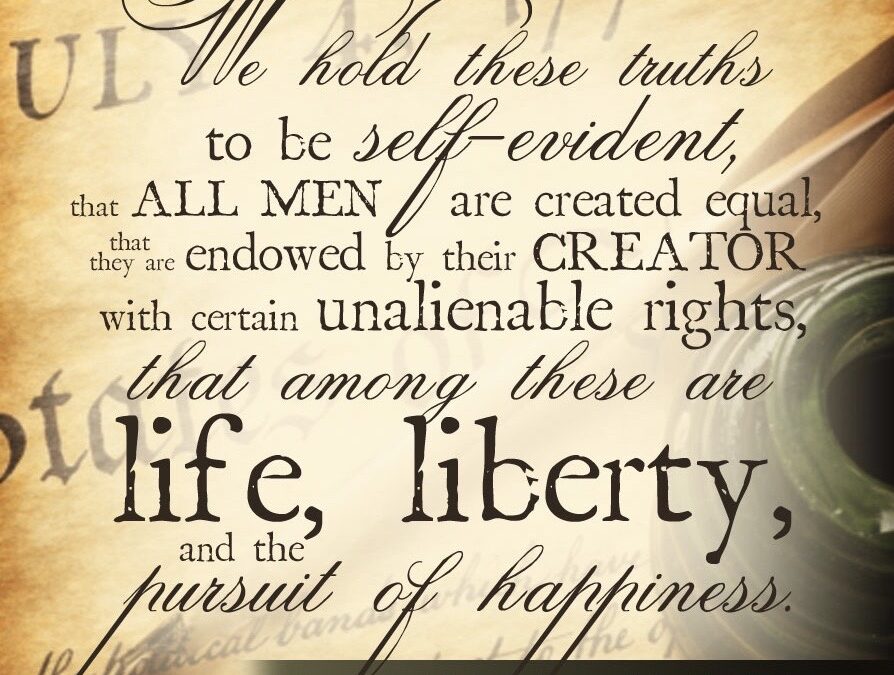
Apr 20, 2024 | Pastor Jim's Blog
Today’s Word from Pastor Jim…
“I am the way, the truth and the life.” Jesus
Wherever we find truth we have found a revelation of God. If that “truth” is found in science, it is of no threat to us. If that “truth” is found in philosophy or some other religious tradition or practice, it is in no way a threat to us. There is no truth apart from God. The truth may not always be comforting or pleasant, but to quote Jesus; “the truth will set you free.”
In Congress, July 4, 1776
“The unanimous Declaration of the thirteen united States of America….. We hold these truths to be self-evident, that all men are created equal, that they are endowed by their Creator with certain unalienable Rights, that among these are Life, Liberty and the pursuit of Happiness.”
It occurs to me that self-evident truths do not need to be spoken or written. They are, after all, by definition, self-evident. Self-evident truths do not need a day in court, they have no need to be proven. Self-evident truths are not to be debated or voted on. Truth is not dependent upon public opinion. Something is either true or it is not. Self-evident truths do not need to be spoken or written, and yet our founding fathers thought it prudent to include self-evident truths in our Declaration of Independence.
The inclusion of these words bears witness to a broken human history and the flawed nature of the fledgling American experiment. Certainly, our founding father’s own life experience had taught them that this truth was not self-evident at all. How could this truth be self-evident in a nation where 1/5th of the population was enslaved, where 1/3rd of the signers of the Declaration of Independence were themselves slave owners?
“We hold these truths to be self-evident, that all men are created equal.” 248 years later, slavery is universally condemned. Civilized people from every nation recognize the evils of this immoral and illegal institution. The civil rights movement and the suffrage movement have changed our country. Women now own property, they have the right to vote, and they hold public office. Progress has been made. Martin Luther King, Jr. said, “The arc of the moral universe is long, but it bends towards justice.” Having said that, the “self-evident truth” that all men and women are created equal, is clearly not self-evident to a large portion of our population. 248 years later, the words written in the Declaration of Independence still need to be spoken and taught. If we are to be on the right side of history, we must stand against racism, xenophobia, Islamophobia, and any movement that attempts to persecute minorities or restrict the “unalienable rights” of our neighbors.
The dream of our founding fathers continues to unfold. May the words at the base of the Statue of Liberty remind us from whence we come and lead us forward to a more loving and just future.
“Give me your tired, your poor,
Your huddled masses yearning to breathe free,
The wretched refuse of your teeming shore.
Send these, the homeless, tempest-tost to me,
I lift my lamp beside the golden door!” Emma Lazarus
For 248 years we have been tested, today we are tested still. May God light our pathway, may love go forward from our church, may the truth one day be self-evident that we may be set free.
One beggar, telling another beggar where to find bread, I am your
Pastor Jim
Contact Pastor Jim if you have questions at [email protected]
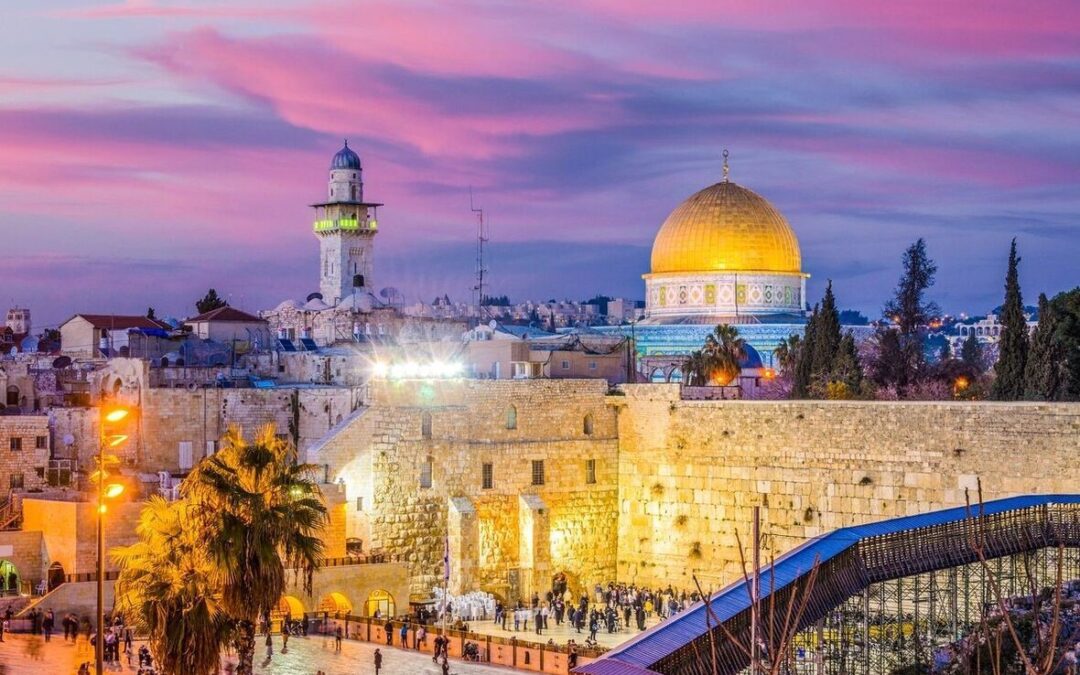
Apr 19, 2024 | Pastor Jim's Blog
Today’s Word from Pastor Jim…
This tiny strip of land connecting three continents has been the site of war and conquest throughout human history. It is the place of great battles, the Pharaohs of Egypt sent chariots to conquer it, Joshua fought the battle of Jericho, the Babylonians took the children of Israel into captivity, the armies of Alexander the Great sought to occupy it, the Romans ruled Palestine with the sword. The Mamluks, Muslims and Crusaders claimed it as their own, Suleiman the Magnificent was the Sultan of Jerusalem, Napoleon laid siege to the Holy Land, the British and Germans did battle during World War 1 in Palestine. The prophetic writings in the Bible speak of the final battle, Armageddon. The word Armageddon comes from the Hebrew name Har Megiddo. Har Megiddo, the mount of Megiddo looks out on the peaceful Armageddon valley, the historical site of Israel’s great battles.
This tiny strip of land, the size of New Jersey, has rarely experienced peace. It is heartbreaking to see the images of war and destruction once again in a land that I have come to love. Some the very best memories of my personal and professional life find their genesis in Israel and Palestine. I have had the distinct privilege of journeying to this Holy Land on 15 occasions. I have shared this pilgrimage with the young and old of Trinity, with friends from across the country, with my precious daughters and wife. There are many things that I could say about this tragic, reoccurring story but I am not sure that my commentary would be helpful. I will say that we have no idea what it is like to live in a neighborhood where we are hated, with neighbors who desire our destruction, with the constant threat of war on our borders. I will say that we have no idea what it is to live under the iron fist of the government of Israel. From the comfort and safety of our North American homes our opinions are lacking context and historical perspective. With concentrated study we may come to some comprehension of the complicated realities of the current struggle, but we will never be able to grasp the brutal circumstances that have faced generations of Israelis and Palestinians.
So where does this leave me? Heartbroken. Heartbroken for the friends that I have made over decades in Israel and Palestine. Heartbroken for tour guides, shop owners, bus drivers, restaurant owners, olive wood craftsmen and hotel workers. Heartbroken knowing that the violence of today will sow the seeds of a violent future. Heartbroken and impotent. The truth is, there is nothing that I can do that will have any effect on the problems in the Middle East. Of course, we should pray for peace, we should send financial humanitarian assistance to those caught in the crosshairs of war, we should encourage our government to work for peace. But in the end, we are mostly impotent to change the course of events halfway around the world in a land and culture that is foreign to us. Heartbroken and impotent we could be driven to despair by the realities in Israel, Palestine, Haiti, Yemen, North Korea, and Ukraine. But perhaps that impotence could inspire us to engage more fully in the places where we can make a difference every day. Could coming to peace with the limits of our human influence help us to embrace our own neighbors? By claiming our impotence, could we be empowered to love, to work for peace and justice at home?
Will a tiny strip of land that connects three continents find peace in our lifetime? Say your prayers, support humanitarian efforts, and then get to work where God has placed you in life.
One heartbroken beggar telling another where to find bread, I am your
Pastor Jim
Contact Pastor Jim if you have questions at [email protected]

Apr 13, 2024 | Pastor Jim's Blog
Today’s Word from Pastor Jim…
I have appeared in courtrooms many times over the past 40 years. Only once was I on trial. I suppose that is a bit dramatic, somewhat of an overstatement, but I was the defendant in that case. Someone had used the Trinity Lutheran Church van and upon returning it to our parking lot, they left it in a handicapped parking spot. When I came to work the next day I noticed it there, and I could not help but notice that there was a ticket on the van. The ticket was issued with a fine of $250. That was standard in Washington for illegally parking in a handicapped spot, but it was a little more than I wanted to shell out, so I asked for a day in court. I appeared alone before the judge, and I pled guilty on behalf of the church. I admitted that someone had negligently parked in a handicapped spot. I then asked the judge if the community would benefit from fining the church $250, a church that gave ten of thousands of dollars a year to non-profits on Whidbey Island. The Judge then offered a swift verdict: “Consistent with your plea I find you to be guilty, and I waive all fines.”
I have appeared in courtrooms many times over the past 40 years. I have been summoned as a juror, appeared as a character witness for church members on trial, showed up in courtrooms to support those who took part in Civil Disobedience, been called to testify, and I joined dozens of TLC members when the church was sued in the 1990’s. Most recently, I appeared in Judge Carolyn Cliff’s courtroom, and I could not have been prouder as she conducted herself with professionalism, clarity, and grace.
The courtroom for judges, lawyers, police officers and clerks is a place to live out their vocational calling, serving the people of our nation, seeking truth and justice, maintaining civil order. I have appeared in courtrooms many times, regardless I never feel particularly comfortable in that environment.
I have been planning a funeral with a family from our community. The family member in charge made it very clear that the funeral was to be a celebration of life, “no proselytizing, no judgement.” This conversation got me thinking a lot about the place where we gather, a place that we call a sanctuary. Sanctuary means “safe place.” A bird sanctuary is a safe place for birds. An animal sanctuary does not allow hunters to roam protected acres that have been set aside for the safe migration or habitation of God’s creatures.
Even though Jesus repeatedly warned his followers not to judge others, through the centuries the Christian Church has often felt more like a courtroom than a sanctuary. There are many in our community today who fear coming in our doors, suspecting that the church and church people will be quick to judge them. Their lives like ours, are fraught with broken relationships, fractured families, addiction, and depression. The last thing they need on a Sunday morning is to show up in a courtroom to be told by arrogant preachers or self-righteous religious people that they sinners, they are guilty, and they don’t measure up to God’s standards.
Courtroom or Sanctuary? Which will it be? Who will we be? Remember Jesus not only cautioned his followers against judging others, he also hung out with “the last, the lost, the little and the dead.” And when the table was set, when the meal was to be served, Jesus ate with prostitutes, tax collectors, known sinners and with those who were about to betray him.
When they finally get up the nerve to walk into our sanctuary, when desperation leads them to take a chance on Jesus, let us make sure that our worship space lives up to its title. Let us be a sanctuary, a safe place for all, a safe place to experience God’s grace. Either all are welcome, or all will be excluded.
One beggar, telling another beggar where to find bread, I am your
Pastor Jim
“The last, the lost, the little and the dead.” A quote from the late Father Robert Farrar Capon.
Contact Pastor Jim if you have questions at [email protected]
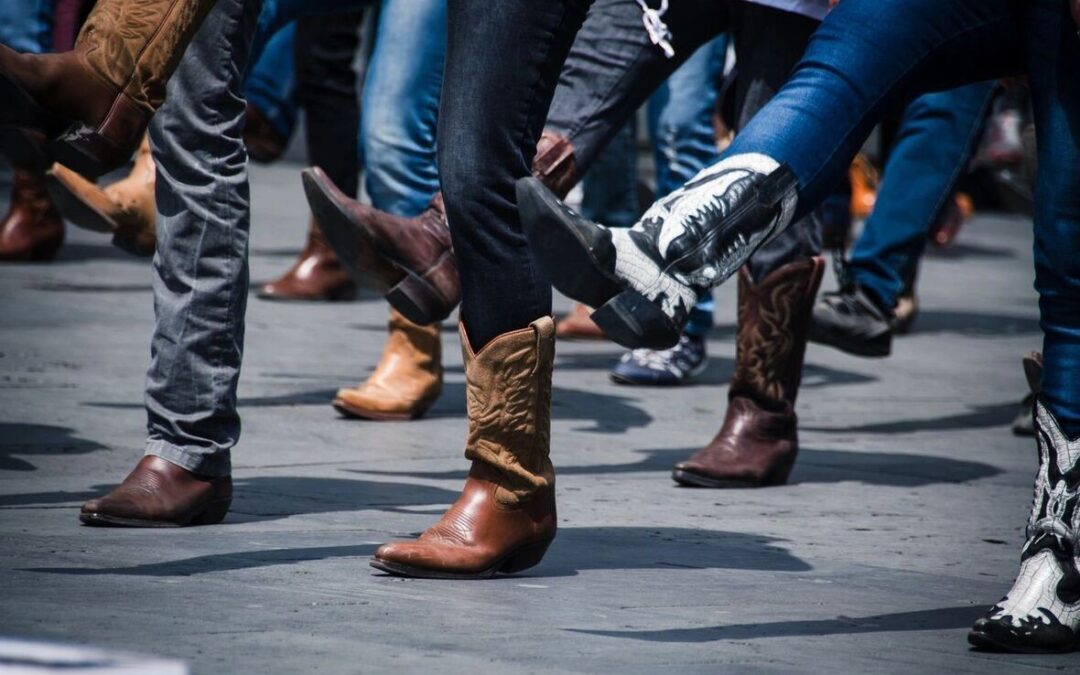
Apr 6, 2024 | Pastor Jim's Blog
Today’s Word from Pastor Jim…
3000 years ago, the Psalmist wrote these words:
“Let us come into his presence with thanksgiving;
let us make a joyful noise to him with songs of praise!” Psalm 95
Now keep in mind that the life expectancy 3000 years ago was only 25 years. That figure is skewed by the fact that nearly a third of all children died in the first year of life. That horrific reality is nearly impossible for us to comprehend. 3000 years ago, life was much shorter, more uncertain, more dangerous, and difficult than the life that we have experienced. There were wars, natural disasters, food scarcity, and health care was mostly non-existent.
2000 years ago, living conditions had not improved much. The life expectancy though had increased to almost 30 years. The people were oppressed by the Romans and by puppet political leaders. Taxation was high, there were no luxuries for the working class, people were illiterate, and opportunities to improve one’s place in life were largely non-existent. Into this setting Jesus told the story of a Jewish father who presided over a dysfunctional family. One son had been disgracefully disrespectful, and the other son had no use for his brother. But when the Prodigal Son came to his senses and came home it was time for a party.
“Bring the fattened calf and kill it, and let us eat and celebrate. For this my son was dead, and is alive again; he was lost, and is found.’ And they began to celebrate.” Luke 15
The Apostle Paul had not had an easy life. He was afflicted by some physical ailment, he had been beaten with rods, shipwrecked, and written off by his family. He was in prison in Rome or Ephesus when he wrote these words to the Christian community in Philippi:
“Rejoice in the Lord always; again I will say, rejoice.”
Our world is troubled. I know that many of you, especially those who spend long hours watching or reading the news, are troubled as well. Our world is plagued by war, genocide, political unrest, violence in our streets and schools. The discourse in the halls of power and among our family members is less than civil. There are environmental concerns, climate change, the destruction of habitat and species extinction. Yes, our world is troubled.
Having acknowledged that brokenness, I can say with certainty that things are not worse than they have ever been. We live longer and better than any generation before us. We live without food scarcity and with luxuries unimaginable to our grandparents, or to any King or Queen who lived more than a hundred years ago. Unfortunately, family dynamics have not changed since the dawn of human history, but when you disregard your complicated dysfunctional family, and look at the world objectively, I think that you will find that there is much to celebrate!
We would benefit from a more balanced context of contemporary life, that might help us to celebrate what is right in the world. And let’s be clear, there is more right than wrong. Most people are good, with good intentions, living peaceably, wanting only to love and provide for their families. If you can’t see what is right in the world, then you need a new lens, or perhaps you just need to change your diet and quit consuming the poison of media.
Saint Teresa of Avila was a Spanish Nun and Mystic. She lived in the 16th century, a brutal period that included the Bubonic plague, war, political unrest and the Spanish Inquisition. Saint Teresa wrote these words about Christian life and practice, “From silly devotions and sour faced saints, good Lord, deliver us.”
I am not being a Pollyanna here; I am trying to offer a more balanced context for your life. Can we celebrate what is right in the world? Can we celebrate good in the midst of brokenness that has always been a part of the human story? Can we celebrate life, love, acts of kindness by Whidbey Island neighbors who care for this community? Can we do that and still work for justice, feed the hungry and care for the immigrant and refugee? I feel that we are more likely to find the bandwidth to do good when we are encouraged by celebrating the good that is already present in our lives.
“For everything there is a season, and a time for every matter under heaven:
a time to be born, and a time to die;
a time to weep, and a time to laugh;
a time to mourn, and a time to dance;” Ecclesiastes 3
Let us not be negligent in our dancing and laughing. Celebrate what is right in the world!
One beggar telling another beggar where to find bread, I am your
Pastor Jim
Contact Pastor Jim if you have questions at [email protected]
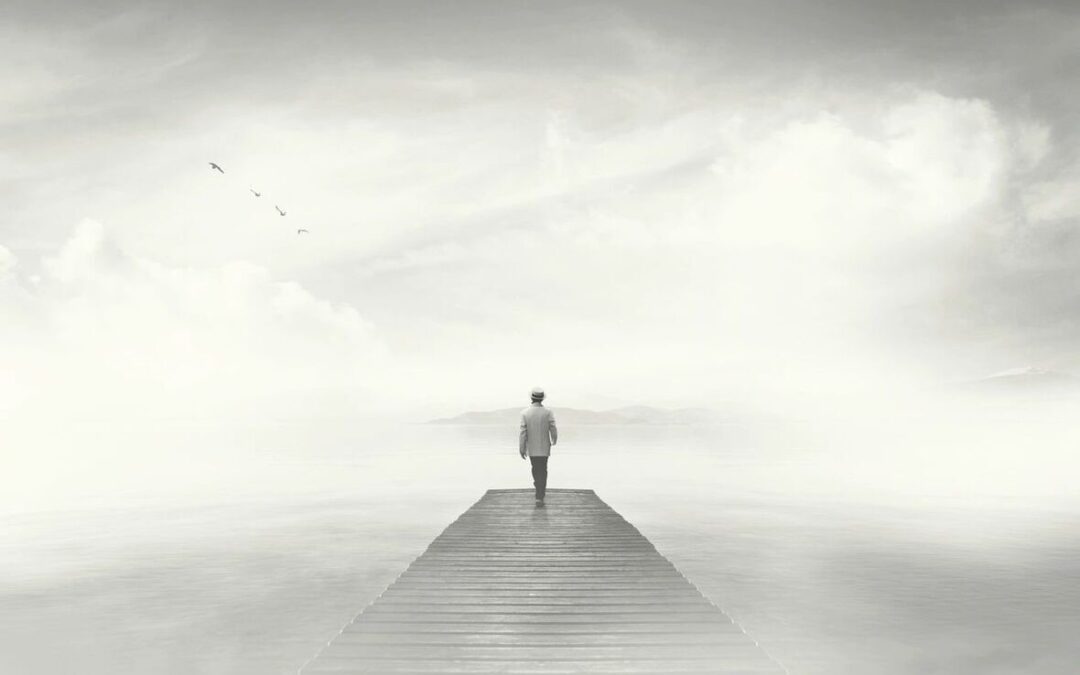
Mar 30, 2024 | Pastor Jim's Blog
Today’s Word from Pastor Jim…
The events of Good Friday are gruesome and painful. It is not the kind of story that I would tell in detail to our Trinity Preschoolers. The savage violence has always been a regrettable part of the human story and it is sad to say that it continues to this day. The powerful in Russia, North Korea, the Middle East and much of Africa think nothing of killing for political expediency. I don’t suppose that we should leave the United States off that list either.
The events of Good Friday are well documented: an innocent man, false witnesses, religious and political leaders who feared losing control, a mock trial, execution, darkness, burial and grief-stricken loved ones left crying at a tomb. The events of Easter are well documented: the stone was rolled away, the tomb empty, the followers of Jesus were bewildered, there was more fear than joy, angels proclaimed resurrection and Jesus was mistaken for the gardener.
That covers to some extent Friday and Sunday, but the events of Saturday are unwritten, unspoken, unknown, resting in silent pages of history. Between the horror of Good Friday and the surprise of Easter is Silent Saturday. We have no recollections of that day. We imagine locked doors, guilt, shame, blame, and the overwhelming sense of loss. Silent Saturday is just that, silent.
It occurs to me that most of our lives play out on Silent Saturdays. We have occasional Good Fridays and every once in a while, an Easter celebration comes our way, but most days are Silent Saturdays. Most days are not captured in the pages of our memory books or chronicled on Facebook. We just carry on, we carry on in faith or doubt, moving from one mostly silent day to the next.
That makes Silent Saturday the most overlooked and probably the most important day in the Holy Week story. Those who did not make it through Saturday never got to experience Easter. Judas never heard the words, “Do not be afraid.” Silent Saturdays might seem unimportant but that simply is not true, for that is where the bulk of our lives are lived.
Take time on this Silent Saturday to make some headlines that will never make the South Whidbey Record. Listen to some music, say a prayer or two, take the time to reach out to a friend or neighbor who might be stuck on Good Friday. Take some time on this Silent Saturday to give thanks for the gift of this day.
Tomorrow we party, but today is mostly silent.
One day closer,
Pastor Jim
Contact Pastor Jim if you have questions at [email protected]
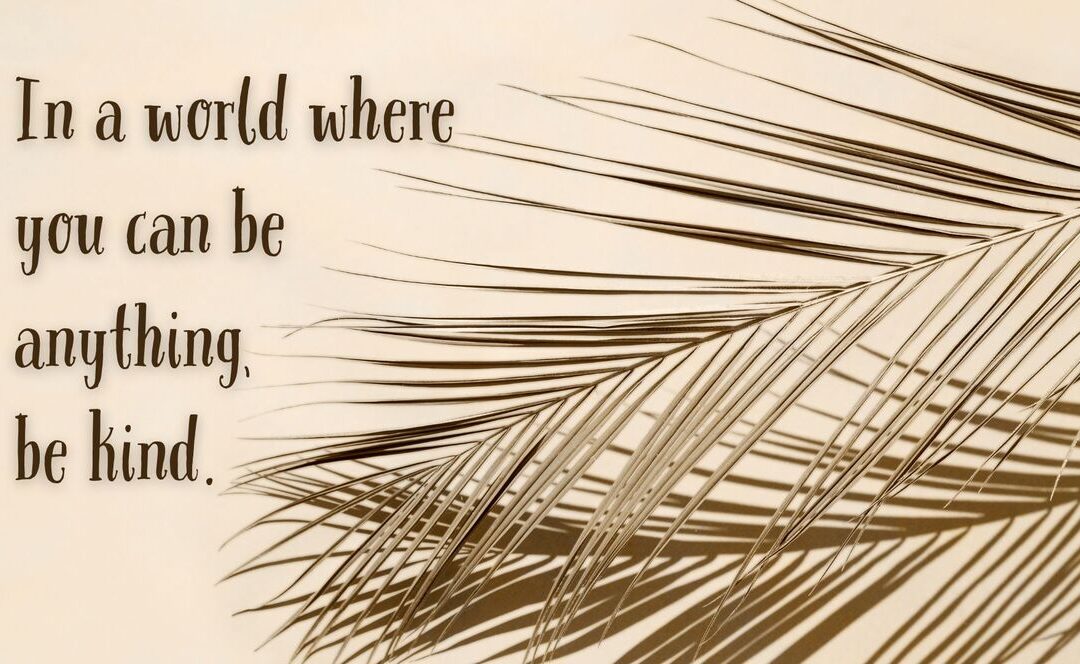
Mar 26, 2024 | Pastor Jim's Blog
Today’s Word from Deacon Amy…
Kindness has been a big topic around here lately. We have a group meeting on Fridays to discuss a book about kindness, which has sparked conversations in several other places as well. I have a favorite t-shirt that has the words “Choose Kind” boldly across the front. I receive a lot of smiles and comments when I wear that shirt.
Kindness is important to me. It is something that I try to instill in the teenagers that I am blessed to spend time with. And, every once in a while, I get to see those lessons paying off.
As we were nearing the end of our high school youth group time last week, one of the boys suggested that each person there say one nice thing about everyone else in the gathering. And, you know what? They did it!
Seven teenagers, sitting in a circle, saying nice things about each other. It was amazing!!
Some of the compliments were fairly shallow – “You’re good at wearing shorts every day.” Some were very deep – “I’ve known you for most of my life, and I’m really impressed with how much you’ve matured over the last couple of years. You’re really fun to be around.” – “I know you have a lot of hard things going on in your life, but I appreciate the way you show up every week, and participate in the group. You have a great sense of humor.”
As I drove home that night, I had to wipe away the tears. I was so proud of these kids! They didn’t have to do that. They could have easily said no, or shrugged off the idea. But every single one of them said something nice about every single person there. They even said nice things about me! Compliments from teenagers are highly valuable.
What a beautiful practice. Maybe this is something we can all incorporate into our lives – giving out compliments. Not with every person we encounter, but with at least a couple of people every day. Tell the bus driver that you love his smile, or the grocery store clerk that her fingernail polish is beautiful. Tell the bank teller that you appreciate how efficient they are, and wish them a beautiful day.
On Sunday, March 24th, we have the opportunity to hear from Donna Cameron, the author of “A Year of Living Kindly.” She’ll be speaking at Trinity at 2:00. The afternoon will include a speech from her, some time for conversation in groups, and then an opportunity to discuss with the larger group.
I’m looking forward to hearing from Donna, learning about her desire to write about kindness, and learning how we can be more intentional about spreading kindness in our own little corners of the world.
Please join us!
Deacon Amy
[email protected]
|








